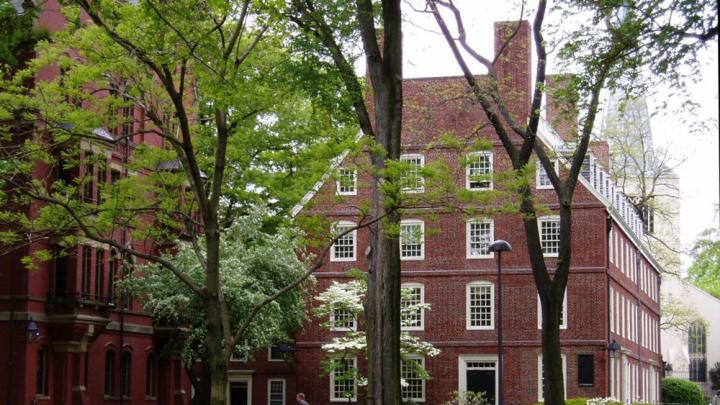The National Labor Relation Board’s (NLRB) Boston office has ruled that Harvard should hold a new graduate student union election—invalidating the result of last November’s election, in which more students voted against unionizing than in favor. According to the decision, the University did not provide a complete list of eligible voters prior to the election, which created confusion about eligibility: “The employer’s failure to provide a complete voter list interfered with the employees’ exercise of a free and reasoned choice.” The University plans to appeal the case to the national NLRB. According to a statement sent to students from University director of labor and employee relations Paul Curran, “during the campaign leading up to Harvard’s November 2016 election, paid and volunteer organizers for the HGSU-UAW had unfettered access to students in the defined bargaining unit, across our physical campus and through e-mail, social media, and other communication channels. Students were well-informed, voted in large numbers, and voted against unionization.”
NLRB Orders a New Graduate Student Union Election
Harvard will appeal the ruling to the national board.

Massachusetts HallPhotograph by Muns/Wikipedia
You might also like
Breaking Bread
Alexander Heffner ’12 plumbs the state of democracy.
Reading the Winds
Thai sailor Sophia Montgomery competes in the Olympics.
Chinese Trade Dragons
How Will China’s Rapid Growth in the Clean Technology Industry Reshape U.S.-China Policy?
More to explore
Harvard Philosophy Professor Alison Simmons on "Being a Minded Thing"
A philosopher on perception, the canon, and being “a minded thing”







